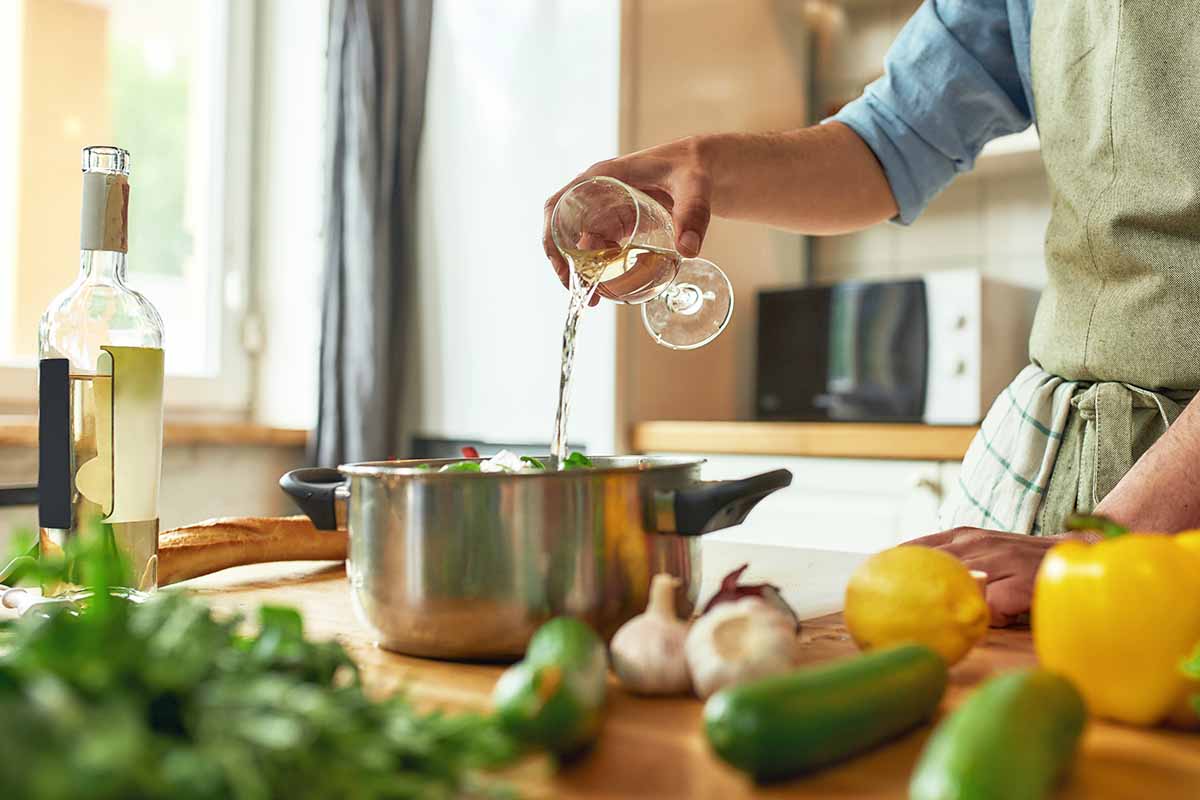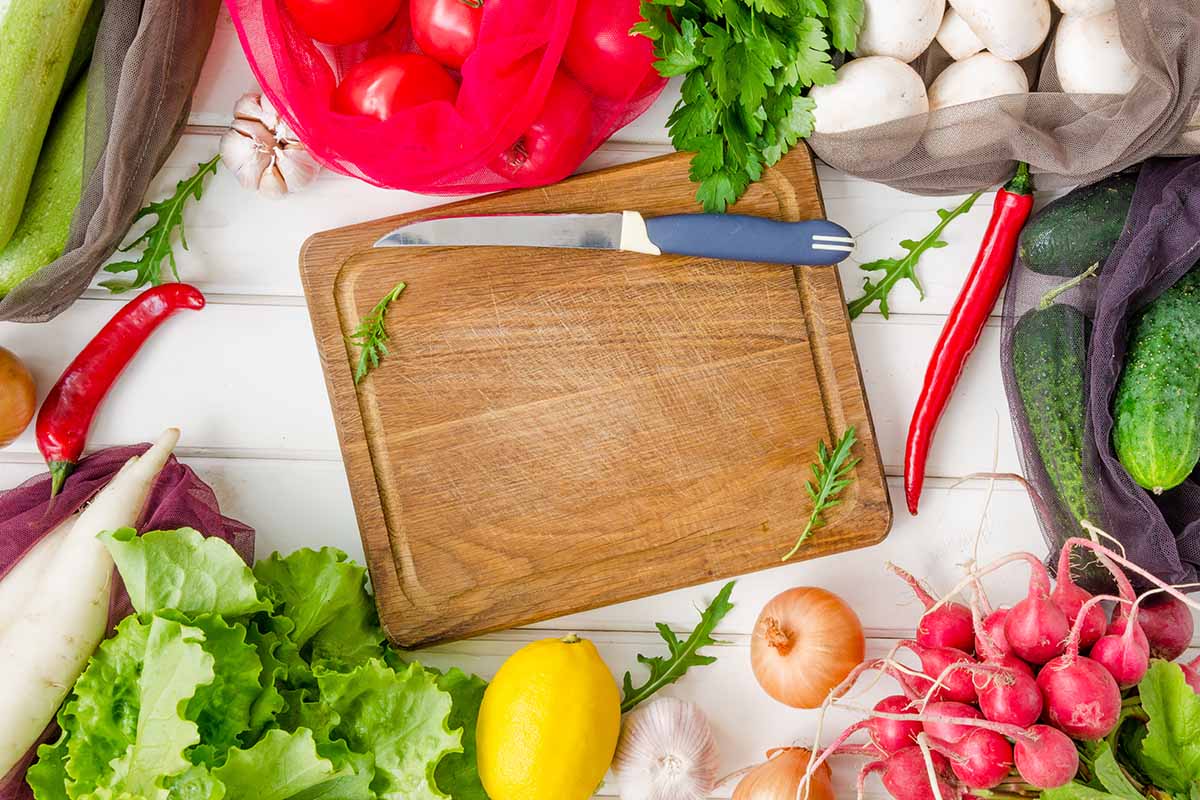Some people say “sir-ah-cha,” and others say “see-rotch-ah.”
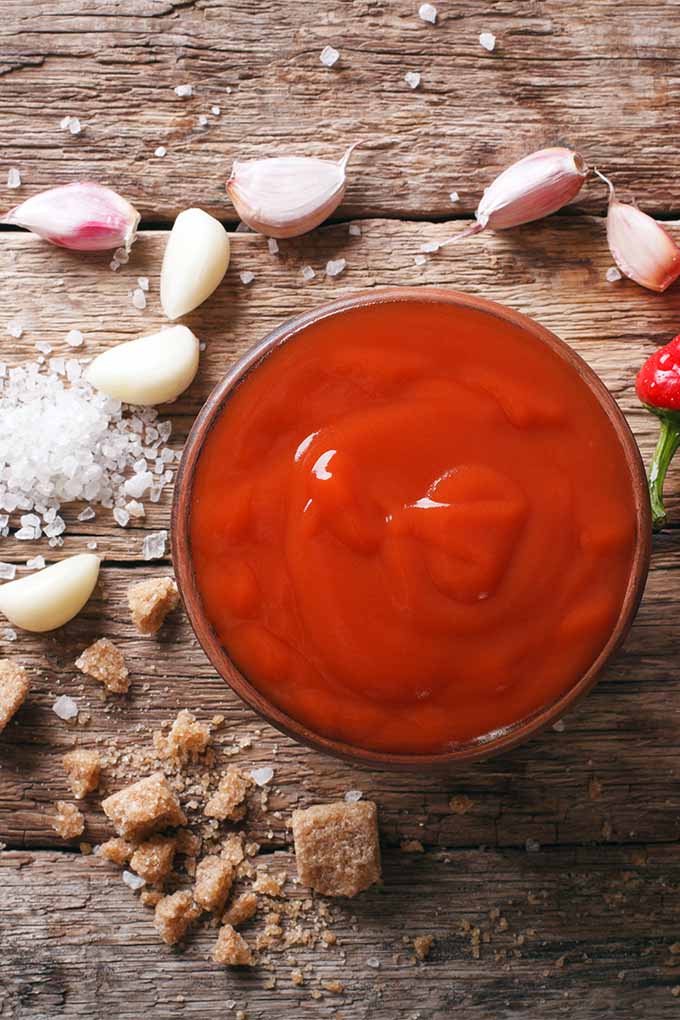
But however you pronounce it, Sriracha sauce has thoroughly wended its way into the American food scene, achieving cult-like status among foodies from coast to coast.
The spicy-sweet-garlicky condiment is used by commercial food producers to flavor snacks such as potato chips and almonds, by renowned chefs in dishes revered by gastronomes, and by home cooks looking to add a little pizzaz to everything from stir-fry to scrambled eggs.
Let’s learn more about this American success story.
Where It all Began
In 1975, in a village north of what was then Saigon, David Tran began bottling homemade chili sauce in baby food jars. These were left behind by American GI’s as the soldiers fled the country, after an unsuccessful attempt to prevent the spread of communism in Vietnam.
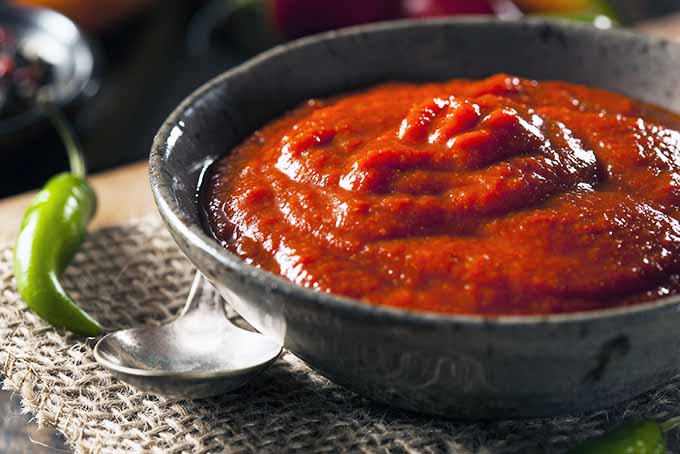
Family members delivered his condiment via bicycle to shops and restaurants.
By 1979, Tran and his family had saved enough money to flee the chaos of Vietnam, and he ended up in America.
He eventually landed in Southern California, choosing the area because a family member told him chili peppers were plentiful.
He immediately picked up where he had left off in Vietnam, launching in early 1980 the condiment some now call a “ketchup-killer.”
The name of his company, Huy Fong Foods, is a nod to the Taiwanese freighter that ferried him away from Asia, the Huey Fong.

According to his company’s website, his initial intention was to create sauces for other refugees and Asian restaurants looking for a taste – albeit with Tran’s special touch – of home.
He adapted his sauces to readily available ingredients, and in his flagship product, Tuong Ot Sriracha (Sriracha Chili Sauce), a star was born.
Though born in Vietnam, Tran is ethnically Chinese, and his labels are decorated with a rooster, his Chinese zodiac sign. The bird is also the origin of the product’s nickname, “rooster sauce.”
The name “sriracha” comes from a small coastal Thailand town called Si Racha.
What’s Inside?
The red jalapeños used to make this hot red liquid come from one Ventura County, California, farm, which grows more than 100 million pounds of peppers annually on almost 2,000 acres.
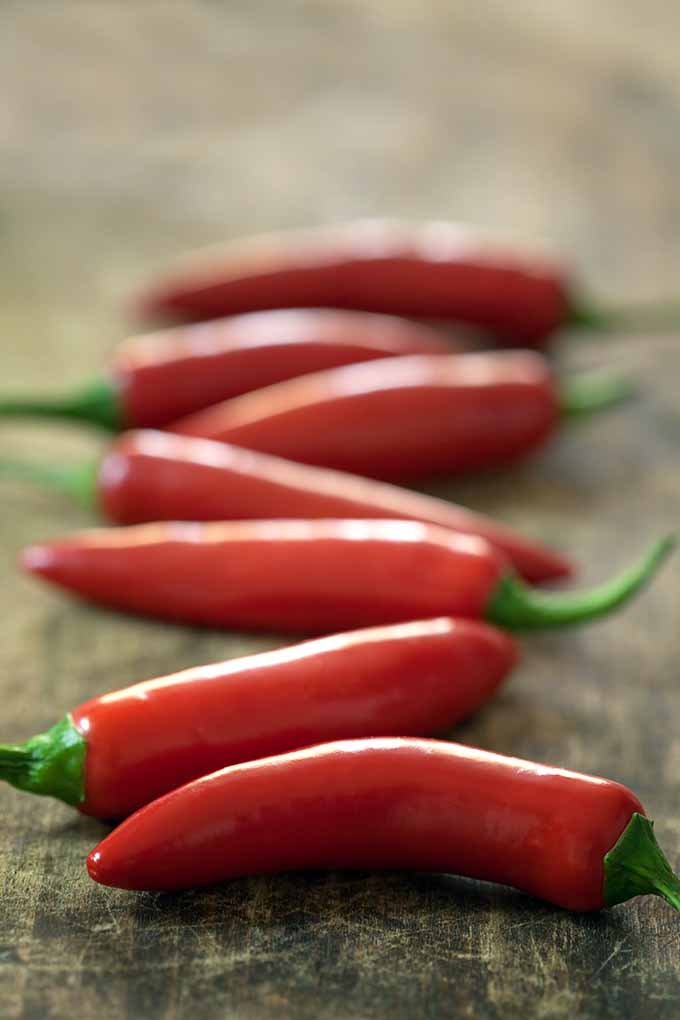
A red jalapeño, of course, is simply a green jalapeño that has been allowed to more fully ripen.
The more developed peppers have a higher level of capsaicin — the spiciness factor — than the young, green jalapeños, although the preparation process reduces the spice level in comparison to raw red chilies.
In addition to jalapeños, this spicy delight contains sugar, salt, garlic, distilled vinegar, potassium sorbate (a preservative), sodium bisulfite (another preservative), and xanthan gum (a thickener and binder).
A Family of Products
While Sriracha is its most-well known product, Huy Fong also makes Chili Garlic Sauce, described as “a thick, chunky style hot sauce with a hint of garlic flavor” and Sambal Oelek, “a full-bodied sauce with the pure taste of chilies” and “no other flavors,” according to the company’s website.
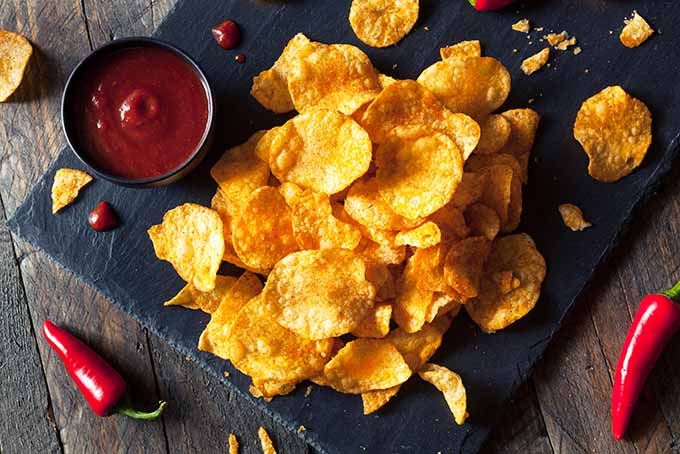
My family always has bottles of Sriracha and Sambal Oelek on hand, and I can guarantee you we’ll be soon adding some Chili Garlic Sauce to the pantry, too.
If you enjoy the convenience of online ordering, Huy Fong, via Amazon, will send a bottle of Sriracha right to your door.
Huy Fong 28-Ounce Sriracha, available on Amazon
And while you’re at it, to complete to trio you might as well grab Sambal Oelek Chili Paste from Huy Fong via Amazon, as well as Chili Garlic Sauce from Huy Fong via Amazon.
Speaking of the pantry, Huy Fong says their products do not have to be refrigerated, but can be stored in a cool, dry place.
Sincere Flattery
Just as Tran may have “borrowed” the idea for the sauce from traditional Asian sauces that also went by the name “sriracha,” numerous copycats — in the wake of Tran’s success — have produced products with similar names.
Tran did not legally protect the name.
If you’re looking for the original, always search for the trademarked rooster logo. While many knockoffs also use animal images, the rooster represents the sauce we all know and love.
In the Kitchen
Who hasn’t used this condiment to liven up scrambled eggs, or to perk up a bowl of steaming soup on a chilly day?
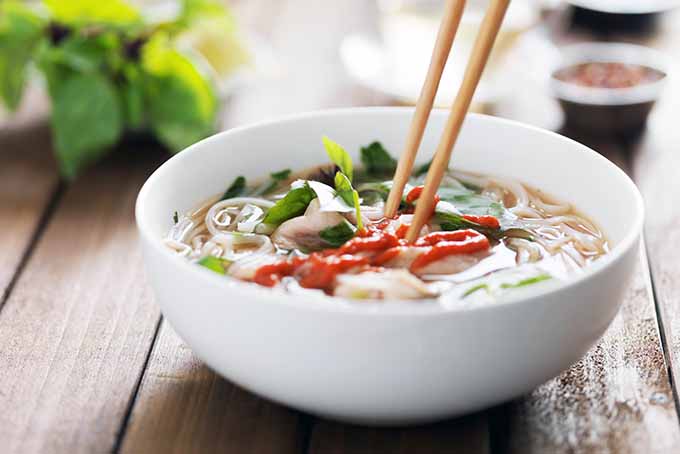
We’ve known it to be drizzled over pizza and ice cream, baked into cookies, incorporated into meatballs, and mixed into Bloody Mary’s.
If your family’s range of heat tolerance requires you to show restraint when it comes to adding chilies to your favorite stir-fry, plop a bottle of it on the table to facilitate plate-by-plate spiciness levels.
At my house, we mix it with mayo for a delicious burger topping or as the final drizzle on top of a sushi bowl. It’s also tasty mixed into ketchup to give the tomato-based condiment a fiery, fermented kick.
Perhaps you’d like to liven up vegetables with a Sriracha-based sauce?
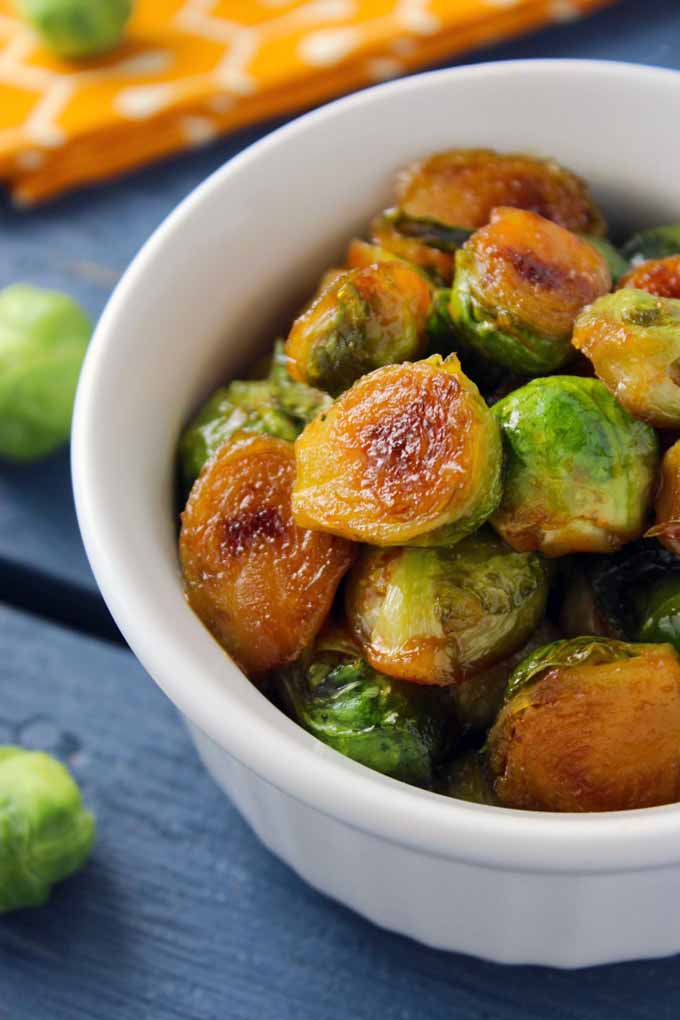
Try these Sweet and Spicy Sriracha Brussels Sprouts from our friends at The Fitchen. They’re as simple as chop, mix, and stir!
Or for a healthful lunch, whip up a modern twist on the standby tuna sandwich.
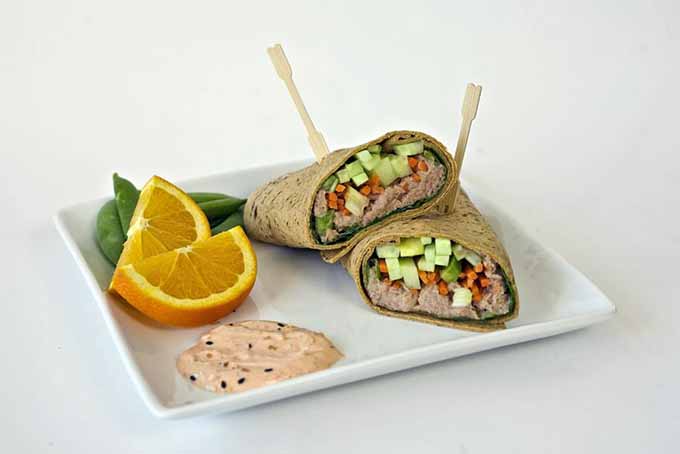
From the health-conscious folks over at The Domestic Dietitian comes this recipe for vegetable-stuffed Spicy Tuna Wraps featuring a tasty sauce made with mayo, Sriracha, and wasabi.
Delicious No Matter How You Say It
Interestingly, the company’s website says the name of the condiment is pronounced “sir-ah-cha” but a documentary by Griffin Hammond shows Tran and other employees saying “see-rach-ah.”
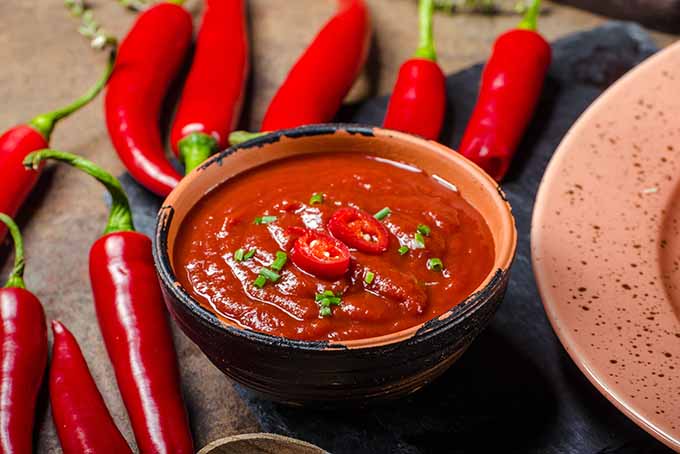
So. Tomato, tomahto — Sriracha tastes great either way and deserves a place on your pantry shelf, no?
How do you use this homegrown chili sauce? Share your favorite spicy innovations in the comments section below.
Don’t forget to Pin It!
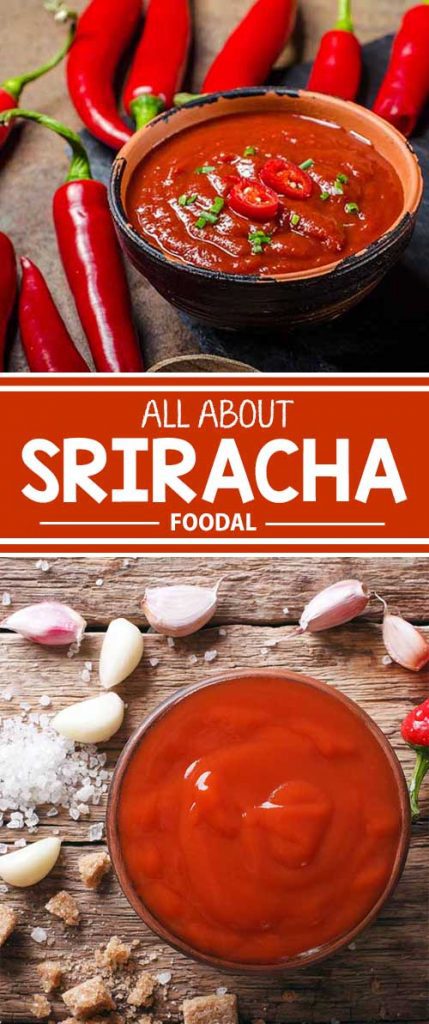
Recipe photo credits: © The Fitchen and © The Domestic Dietitican. Used with permission. Uncredited photos: Shutterstock.
About Gretchen Heber
Gretchen Heber is an Austin, Texas foodie whose passion for eating has lead to a fair competence in the kitchen, according to her family and to friends who are generally pretty excited to be invited to a dinner party at her home. Always on hand in her kitchen: a water-filled cup full of upright cilantro, at least a dozen lemons and limes, several heads of garlic, and fish sauce in the fridge.

